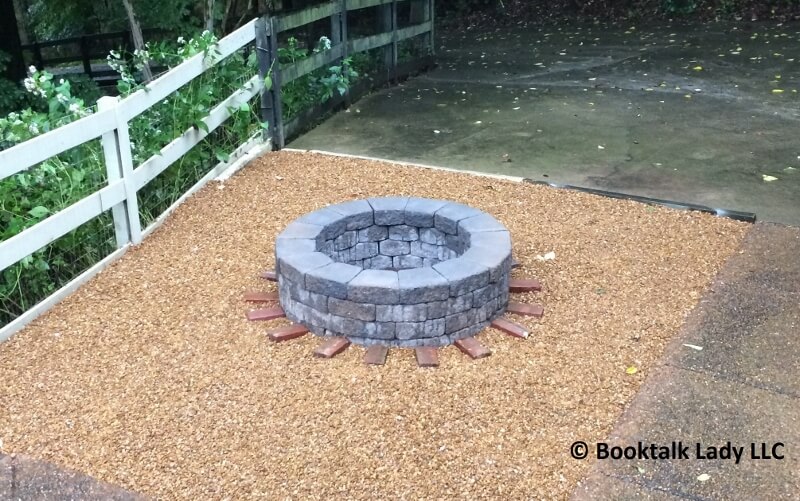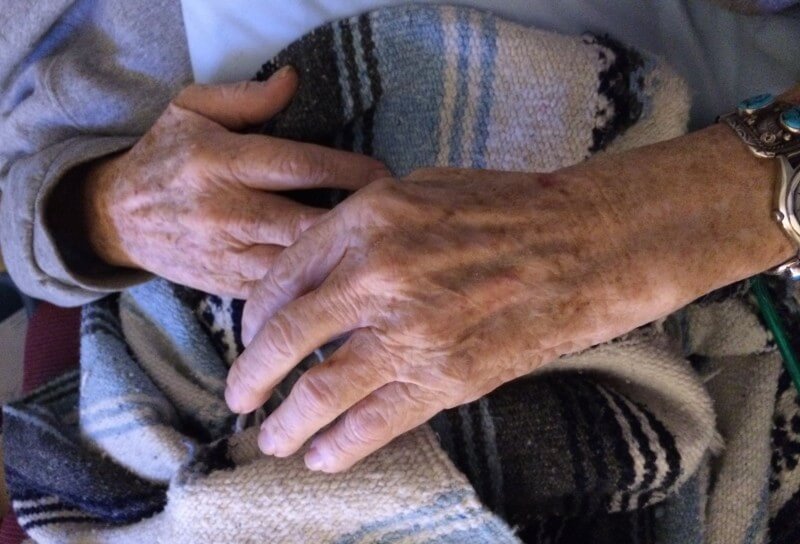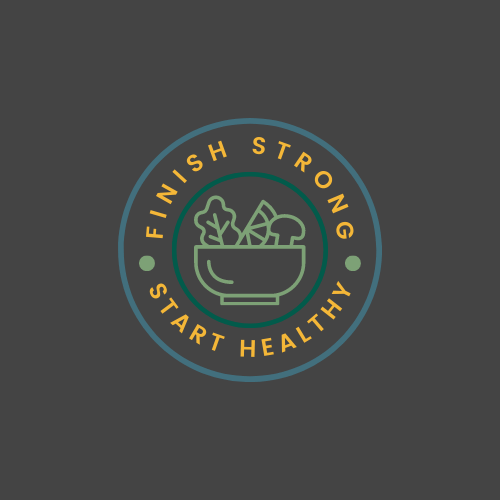I went to Kiawah Island to get over the death of my father and the loss of my job. Silly me. A ten day retreat can’t heal such loss. Can it?
My second day there I visited Indigo, the charming island book store. The proprietor greeted me as if continuing a previous conversation.
“We’ve moved the international books. They’re on this shelf now.”
International? Do I look international? Have I been here in a previous life?
He ordered his assistant. “Show her the international books.”
Following a script that seemed written by someone else, I trailed my guide to the international books and accepted the book she thrust in my hands.
“This is my favorite.”
I bicycled back home with The Art of Hearing Heartbeats. It’s a mystical story about a blind Buddhist monk, a New York lawyer, and a lost father. It’s the first English-language novel by Berlin-based Jan-Philipp Sendker. I am sure I butchered the pronunciation of his name in my video reading from the book, which I’ll post on YouTube soon.
Perhaps the bookstore man was an angel in disguise, for Sendker’s book was exactly what I needed to “get over” my father’s death.
If you read the book, which I hope you do, the passage that healed me is on page 321. But please, start at page one. The story is too good to skip.
Besides reading, I spent hours in Kiawah watching TV, especially Springsteen’s Live in New York City HBO special. So many great songs, including “Land of Hope and Dreams”:
“Ya leave behind your sorrows ya this day at last
Well tomorrow there’ll be sunshine and all this darkness past…
This train
Dreams will not be thwarted
This train
Faith will be rewarded…”
I cried.
During the months when I watched Dad lose the ability to walk and talk, and then linger two months more, I built a fire pit at my house. A sane person would have deferred this project. Between working full time, visiting him, and arranging for his care, I had enough to do. Yet I needed to build something new at a time when loss filled my days.

After Dad’s death I kept crying, sometimes at inappropriate times. I cried during a job interview. (I did not get the job!) Clearly I needed to “get over it” more. So, I held a ceremony at the fire pit with some friends.
I reframed my anger over the awful, cruel, painful way in which he died. It was a timeline that fit his personality because he had time to get things in order and say goodbye to all the loved ones who came to pay respects. It was the time of his choosing because he wanted to get past the holidays and live in a new year. I felt guilty I wasn’t there, but it was OK because he was a loving father who always sought to protect me. He would have been glad to spare me the pain of witnessing his final agony.

Also, page 321.
I read these words to my friends and dropped the paper on which they were written into the fire and watched it burn. I started to get over it.
A recent study found that sixty-eight percent of people surveyed used music or literature to help them work through grief. If art, as R. G. Collingwood proposed, is an exploration of an emotion that is not understood, people suffering from grief might benefit from engaging with a piece of art that helps them fathom their loss.
How about you? Has art—music, literature, or visual art—comforted you during grief?
Art helped me. It took a German author, a New Jersey rock star, and a Tennessee fire pit.
© 2015 Booktalk Lady LLC
References
Koopman, E. Reading in times of loss: An exploration of the functions of literature during grief. Scientific Study of Literature, 4, 68-88, 2014.
Collingwood, R.G. The Principles of Art, Oxford University Press, 1938.





2 thoughts on “Dealing with grief”
Deb. This was a great, touching description of how you worked through your loss. Although I’m sure it’s still fresh, I’m hoping its a bit easier every day. I can thoroughly relate. I’ve enjoyed your reviews and wish you much success. Regards. Anne L.
Anne, thanks so much for the kind words. Your support and understanding has been a blessing to me!